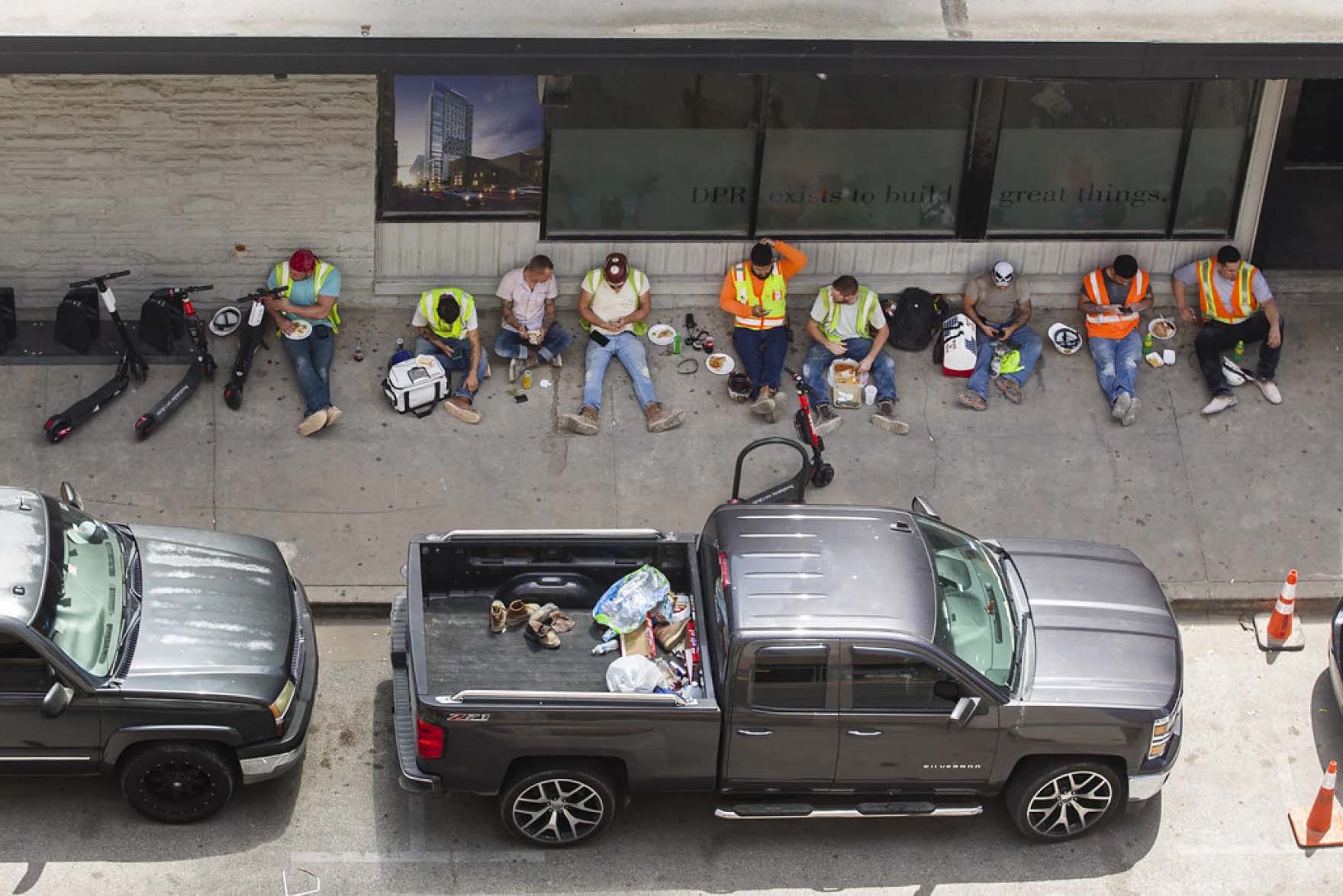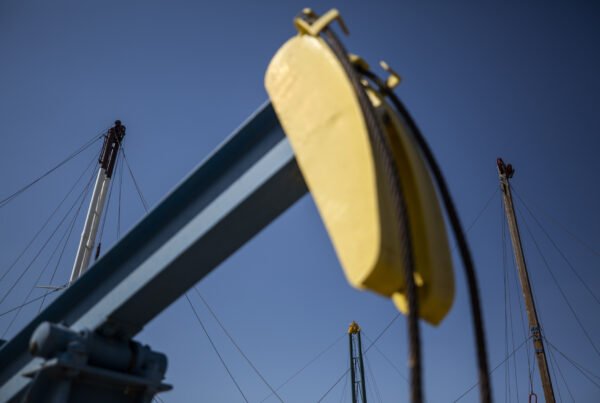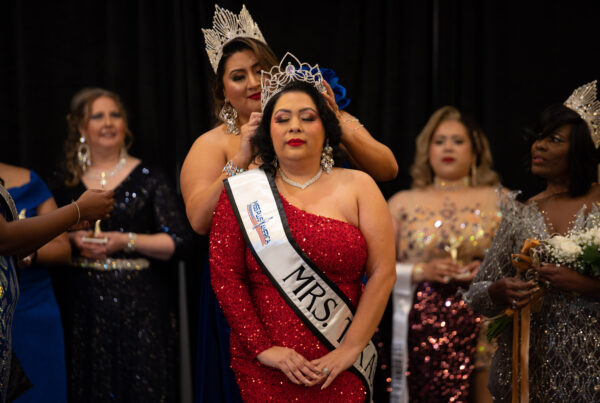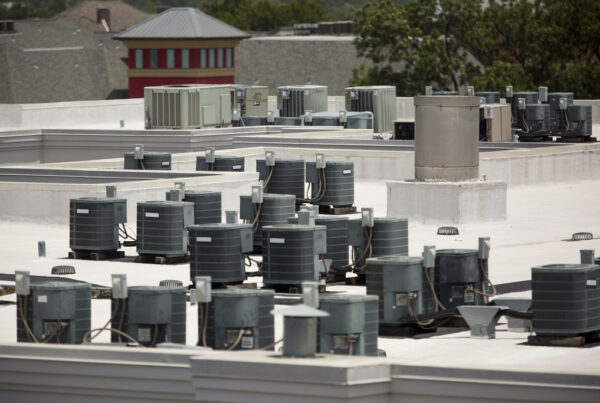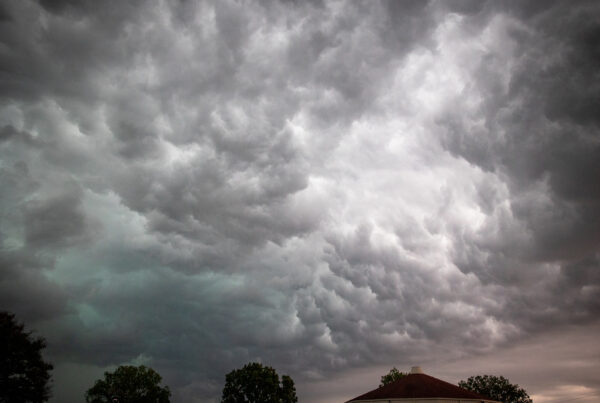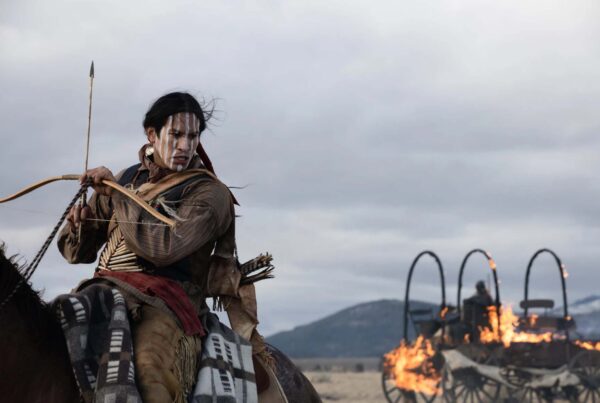From KUT:
When Austin electrician Ryan Pollock looks at the sprawling Oracle campus on Lakeshore Drive, he sees a greenhouse. Wiring that office space in triple-digit heat was bad enough a few years back. When the glass was installed, it was unbearable.
“If the glass isn’t in, and it’s warm, you’re at least under shade and you’ll have a breeze coming through,” he said. “Then you throw in that glass … you are drenched in sweat by, like, 6:30 in the morning … and that’s all day long — especially if you’re working overtime. It’s just awful.”
Nearly a decade ago, Austin passed rules that mandate rest breaks for construction workers every four hours. A state law could undo those protections outright in Austin and Dallas for workers like Pollock, even as heatwaves in Texas get longer and more intense.
‘It’s brutal’
One-hundred-twenty-eight degrees. That was the temperature of the asphalt downtown Monday when a construction worker named Stephen was walking back to his truck after a 10-hour workday.
Stephen didn’t want to use his full name out of fear it could impact his employment. He had been installing aluminum panels on a building near Fifth and Rio Grande streets — all day, outside.


